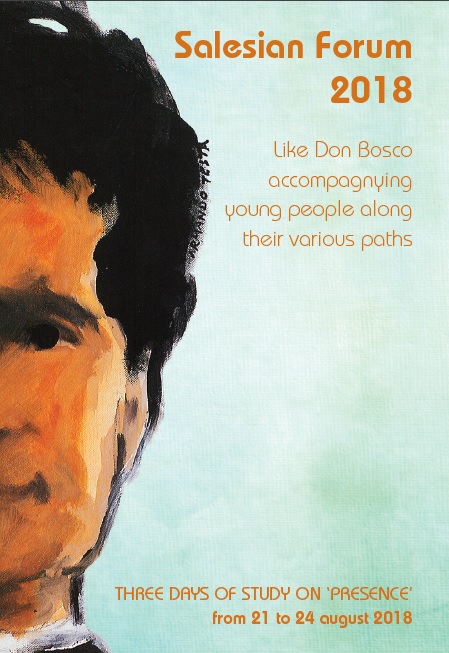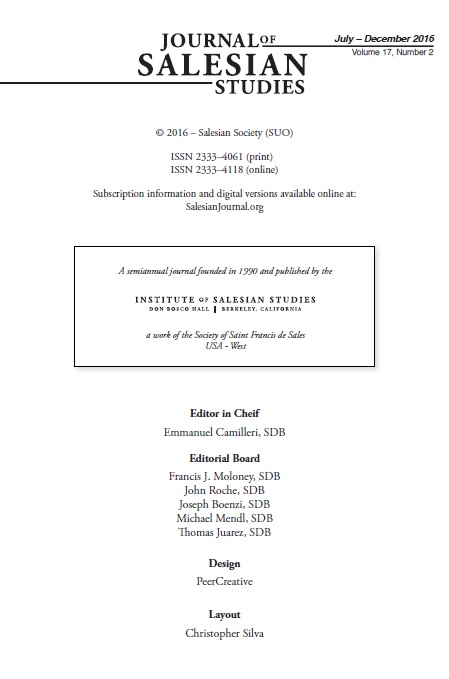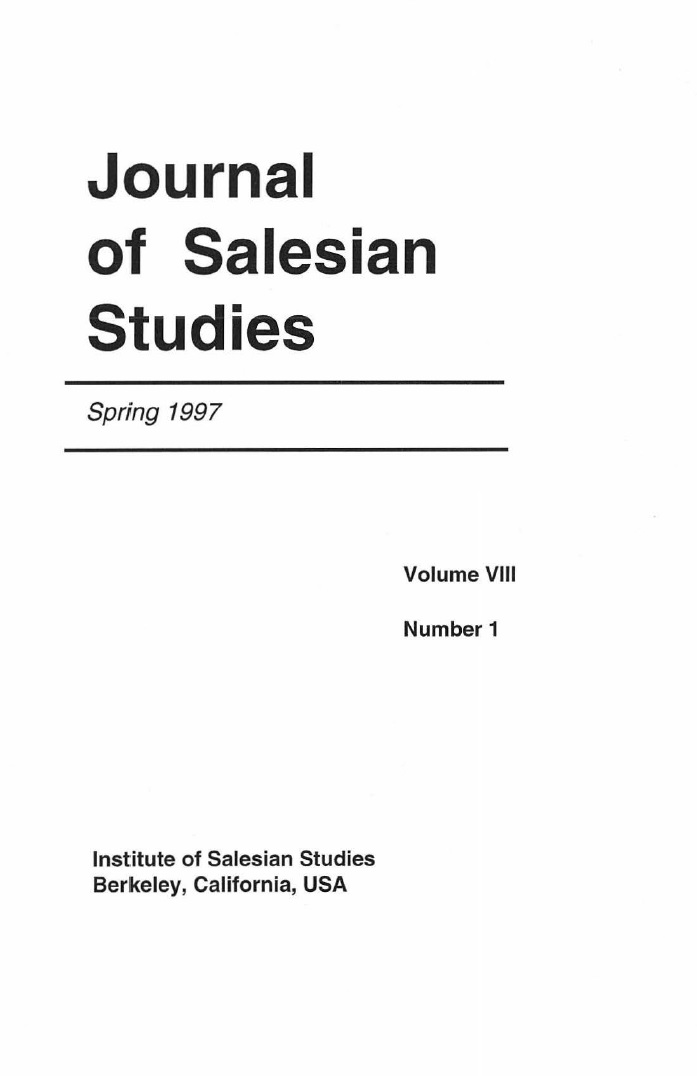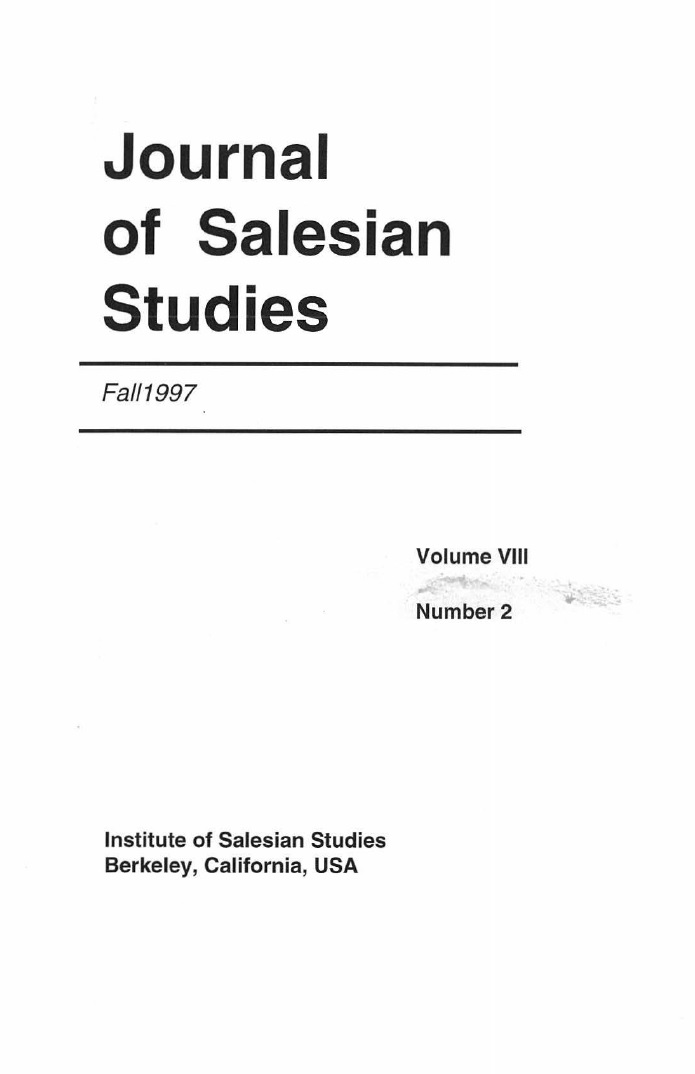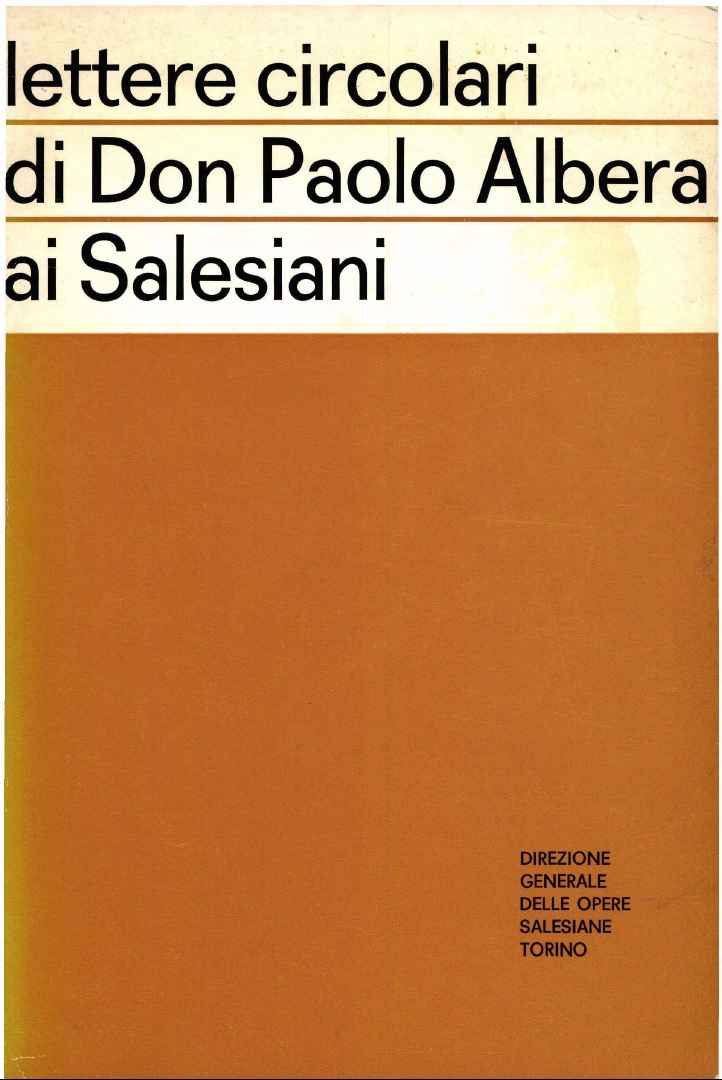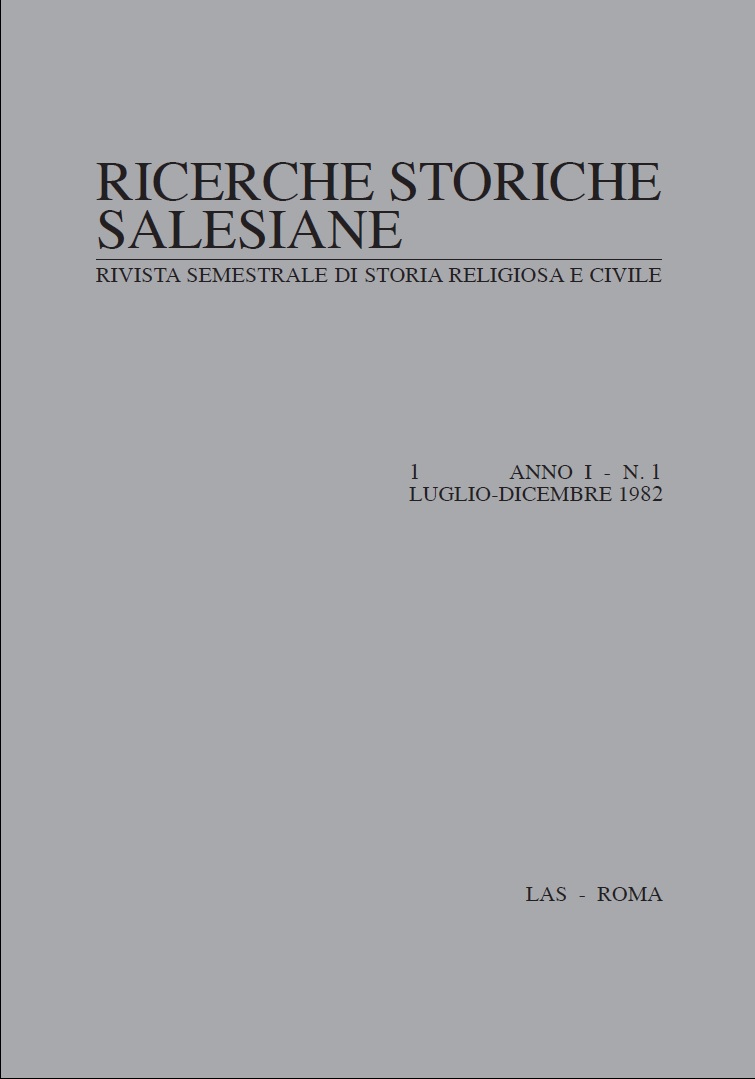Educating is not an activity you do alongside other activities. It is intertwined in the daily interaction with each other. Presence plays a crucial role in this. That you are there and how you are there as an educator, makes or breaks the whole upbringing event.
Continue reading “Colette Schaumont – Presence in ordinary life”
